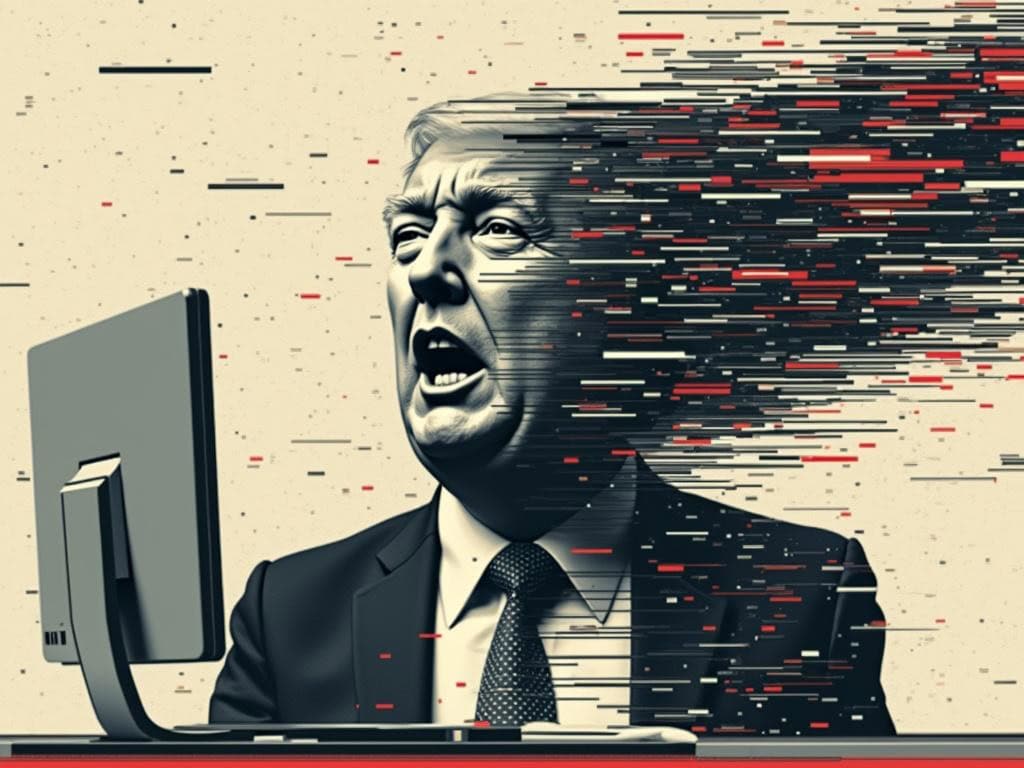AI Impersonation of Senator Rubio: Security Experts Warn of Growing Threats in Digital Communication

AI Impersonation of Senator Rubio Raises Alarm Among Security Experts
Recent AI-powered impersonation attempts of U.S. Secretary of State Marco Rubio through text and voice messages have sparked serious concerns about the growing sophistication of artificial intelligence security risks in modern business environments.
The impersonator targeted a U.S. governor, a member of Congress, and foreign ministers using AI-generated voice messages and texts that mimicked Rubio's speech patterns and writing style. While the perpetrator remains unidentified, security experts believe the goal was to gain unauthorized access to sensitive information or accounts.
Security Implications and Expert Analysis
Thomas Richards, Infrastructure Security Practice Director at Black Duck, emphasizes the alarming nature of this incident: "This impersonation highlights just how sophisticated generative AI tools have become. The imposter was able to use publicly available information to create realistic messages."
Margaret Cunningham, Director of Security & AI Strategy at Darktrace, notes that while this particular attempt failed, it wasn't due to poor execution. "This threat didn't fail because it was poorly crafted — it failed because it missed the right moment of human vulnerability," she explains. Cunningham warns that people making decisions under pressure or while multitasking are particularly susceptible to such deception.
Evolving Threat Landscape and Defense Strategies
The democratization of AI technology has dramatically lowered barriers to creating convincing deepfakes. Understanding modern cybersecurity threats and protection measures is crucial for organizations of all sizes. Security experts highlight several key concerns:
- The increasing accessibility of AI tools to potential threat actors
- The speed and realism of modern AI-generated content
- The challenge of maintaining trust in traditional communication channels
Protection Measures and Best Practices
Trey Ford, Chief Information Security Officer at Bugcrowd, emphasizes the importance of identity proofing: "Celebrities, executives, and public figures will be more prone to having their identity faked — the cost and efficacy of fabricating a compelling synthetic, adopted identity is both cheaper, and easier with the advent of generative AI."
Organizations must implement comprehensive data security protocols to protect against sophisticated AI threats. This includes:
- Implementing robust identity verification systems
- Training staff to recognize AI-generated impersonation attempts
- Establishing clear communication protocols for sensitive information
- Regular security audits and updates
For more information about AI security threats, visit the National Security Agency's AI Security Guidelines.
The Rubio impersonation case serves as a wake-up call for organizations and individuals alike, highlighting the need for enhanced security measures in an age where artificial intelligence makes sophisticated impersonation attempts increasingly common and convincing.

